|
In a country of around 200 Million people, Japan is a country which uses just about every piece of space possible. From its cube room hotels which are nothing more than a coffin like space in which to sleep, to their agricultural lands which are found in amongst villages and on the periphery of gigantic mega cities, almost every piece of land is used thoughtfully and carefully. Whilst it’s a necessity given its large sprawling cities and limited land mass, the careful and thoughtful use of space dates far back before mass urbanisation. If Australians could be collectively referred to as ‘laid back’, the French ‘arrogant’ and then Germans ‘blunt’, the Japanese could only be referred to as ‘organised.’ Despite sprawling mega cities being as ugly as a Boxing Day shopping spree with stilettos to boot, step inside a Japanese house, shop or any other building and the transformation is stark. From here you can see that organisation goes into everything Japanese. Japanese Use Of Space In Architecture From the way that traditional buildings are designed to the amazing landscaping of Japanese gardens, there’s something relaxing and enjoyable about such order. Now this might be your personal version of hell if you’re an Eastern European Anarchist, but thankfully, not too many of our readers are. Order and organisation seem to go hand in hand with well-being and there is something some find fascinating about that. Exquisite Japanese Gardens Food is another example of the lengths to which the Japanese go to to use space thoughtfully and effectively. In western countries, we’re used to having a meal on a plate with everything heaped on top. However, in Japan, everything has its own bowl, plate, or small dish and fits neatly into the table, or even if travelling, in a bento box. 'Oishii' Means Delicious In Japanese An interesting thing I started to notice as I travelled throughout Japan, was the use of space and the connectivity with the environment. If there’s a spare space on a city road, a pavement, an alleyway, a small piece of unoccupied land, there will be trees, plants, vegetables or flowers growing in it. What may appear to be a tiny house with a dull front entrance in the middle of a city, often opens up into a wonderful tranquil garden space which we would often not do anything with because it was too small or not worth doing.
With a land as vast as Australia, we just don’t do this and instead are quite lazy when it comes to the use of space. Whilst we can get away with it for the moment, as our population and cities continue to grow, how will we address this? Sydney is now limited in its growth outwards by the blue mountains, the Royal National Park and the water between Palm beach and the central coast, so what will our use of space be into the future? Will we just keep going higher and higher and put so many cars on the road that it’s an endless parking lot? Or will we be able to come up with a more suitable and lasting solution? If you look at the connection between humans and natural spaces, then you start to understand the challenge for mega cities and for cities of our own into the future. When development is becoming denser due to population growth, are we going to have the same capacity for thoughtful space as the Japanese? If we bring this back into education, how do you use space with your class? How do you organise everything in your room, or around the school? Are there natural areas with trees, plants and water features? What would be the impact if there were? When we take students out into the wildness, the mood changes, as they’re now in a different space and most people naturally respond to this. If we can start thoughtfully building natural spaces into our schools, especially in inner city schools, maybe a little zen garden, this will help students understand the challenge that they are going to have to face in the coming years and one which Japan might have some great insights already into solving.
0 Comments
Your comment will be posted after it is approved.
Leave a Reply. |
Categories
All
Archives
April 2021
|
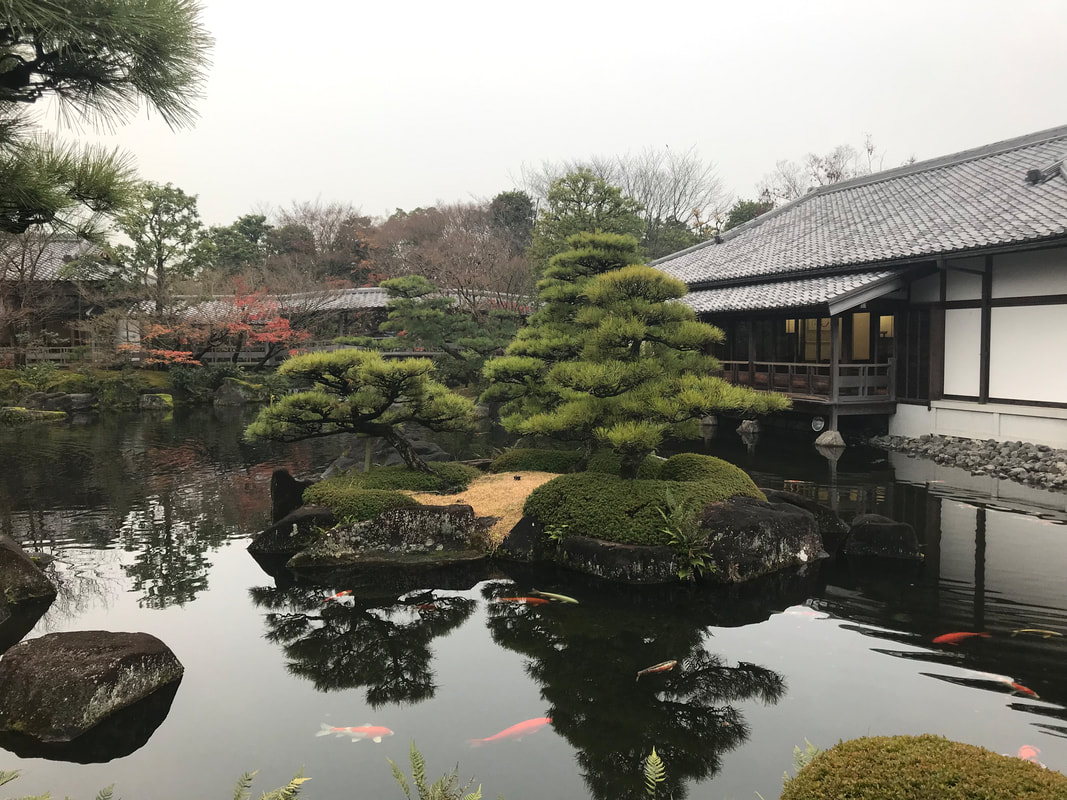
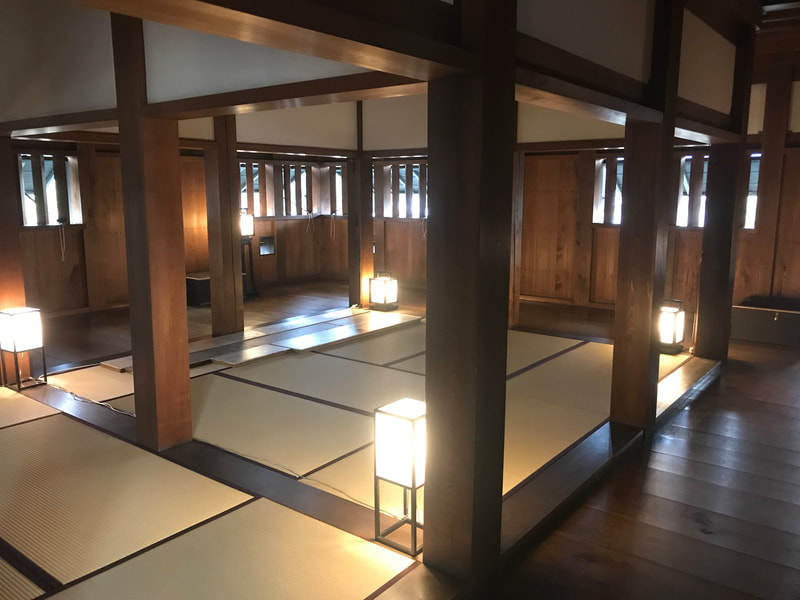
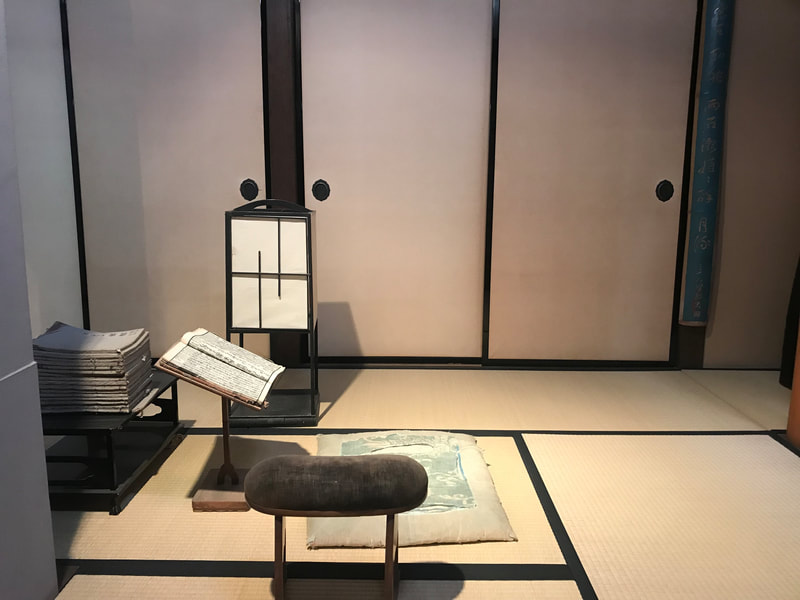
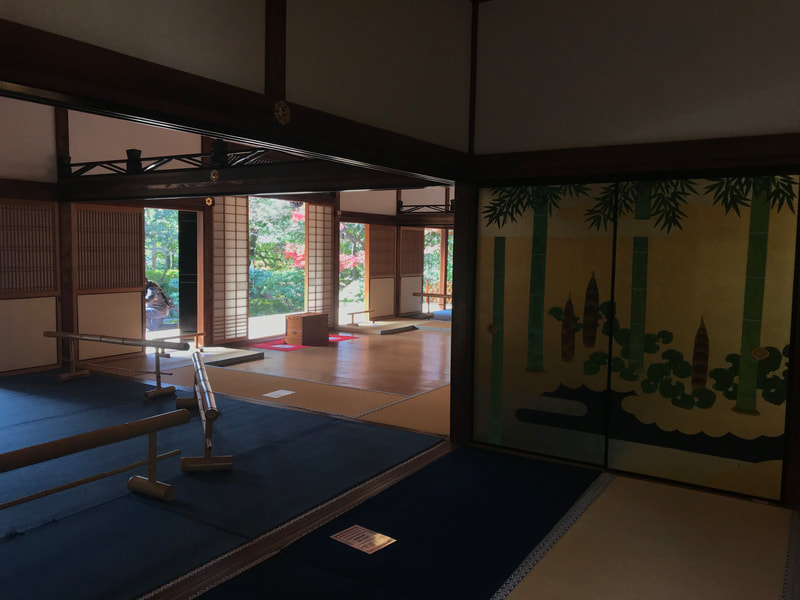
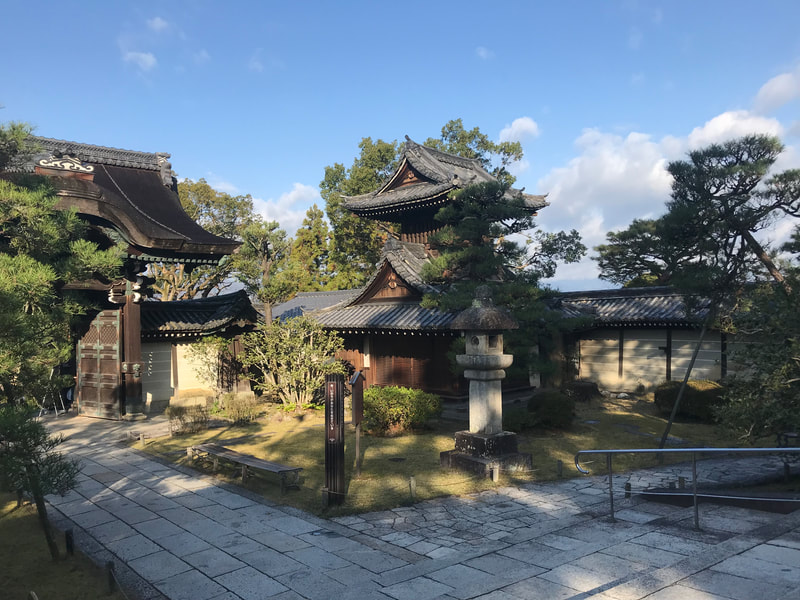
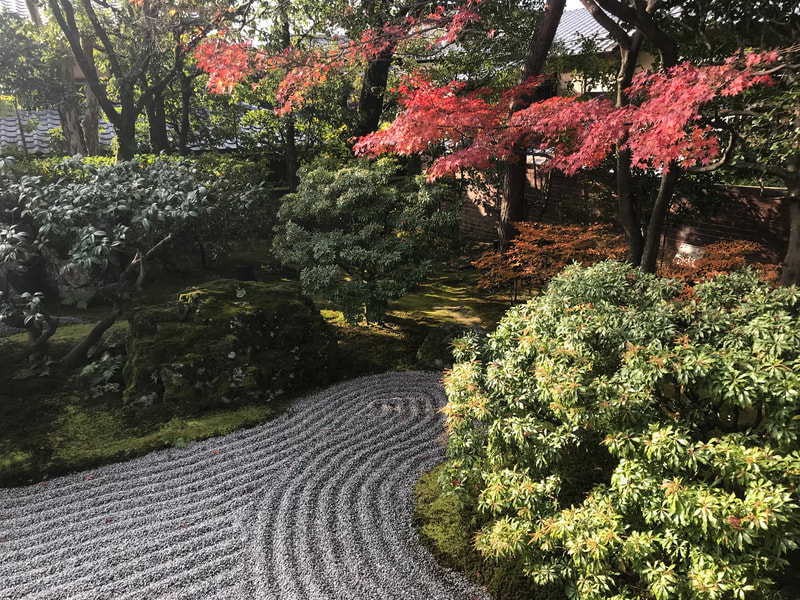


 RSS Feed
RSS Feed